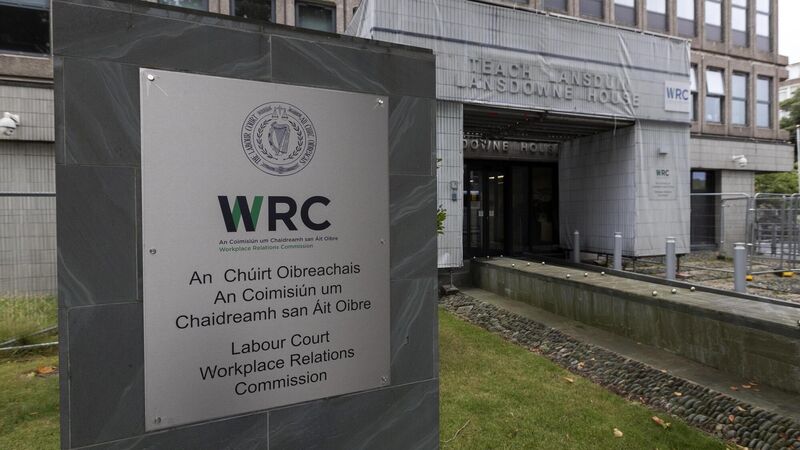Pregnant paramedic awarded €15,000 for discrimination

There was no explanation as to why Deirdre Mullally was left with a financial and time burden which others in similar situations did not face.
A paramedic working for the National Ambulance Service has been awarded €15,000 by the Workplace Relations Commission (WRC) for discrimination she experienced while pregnant.
The complainant, Deirdre Mullally, is an advanced paramedic who has been working for the HSE’s National Ambulance Service since 2010.











